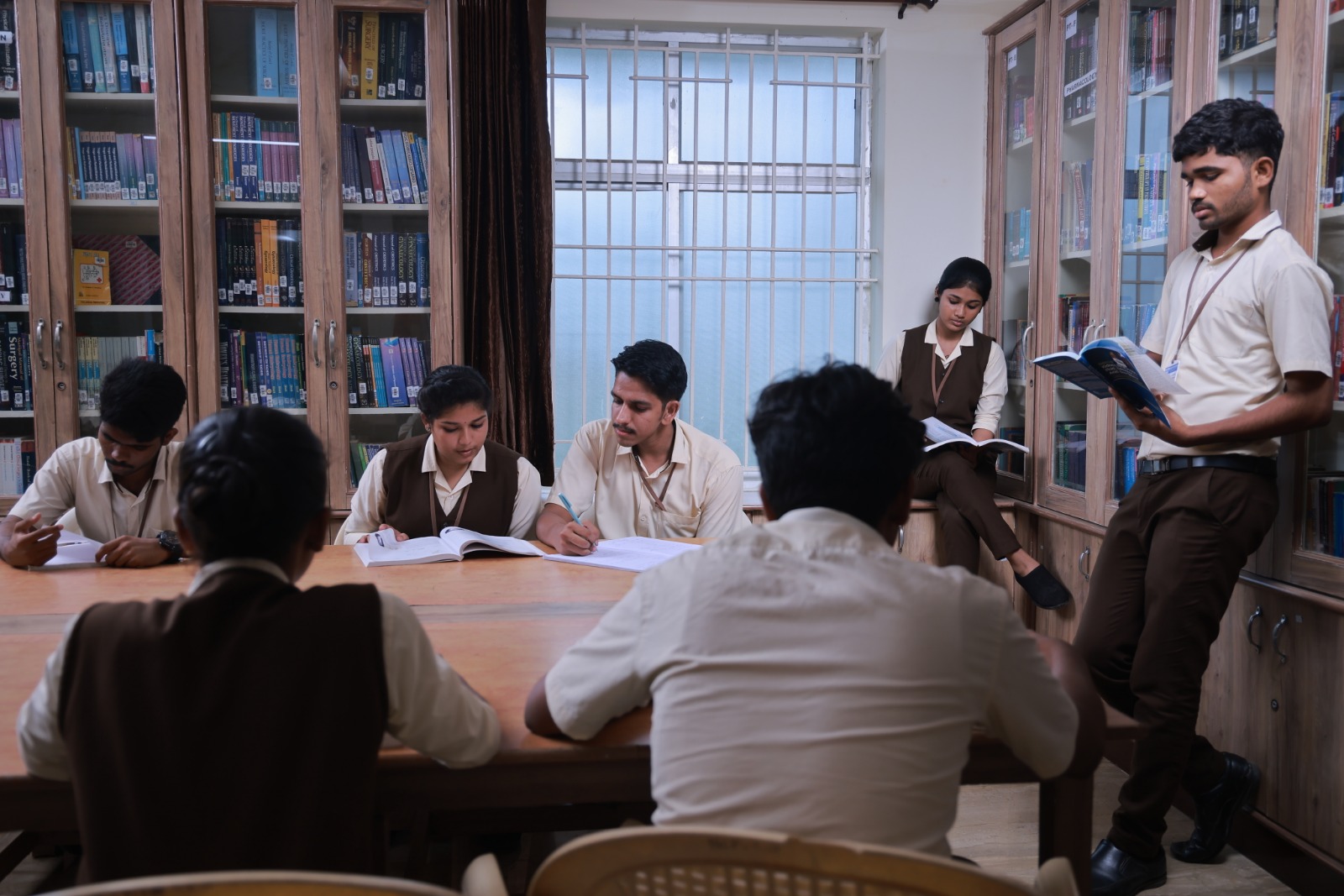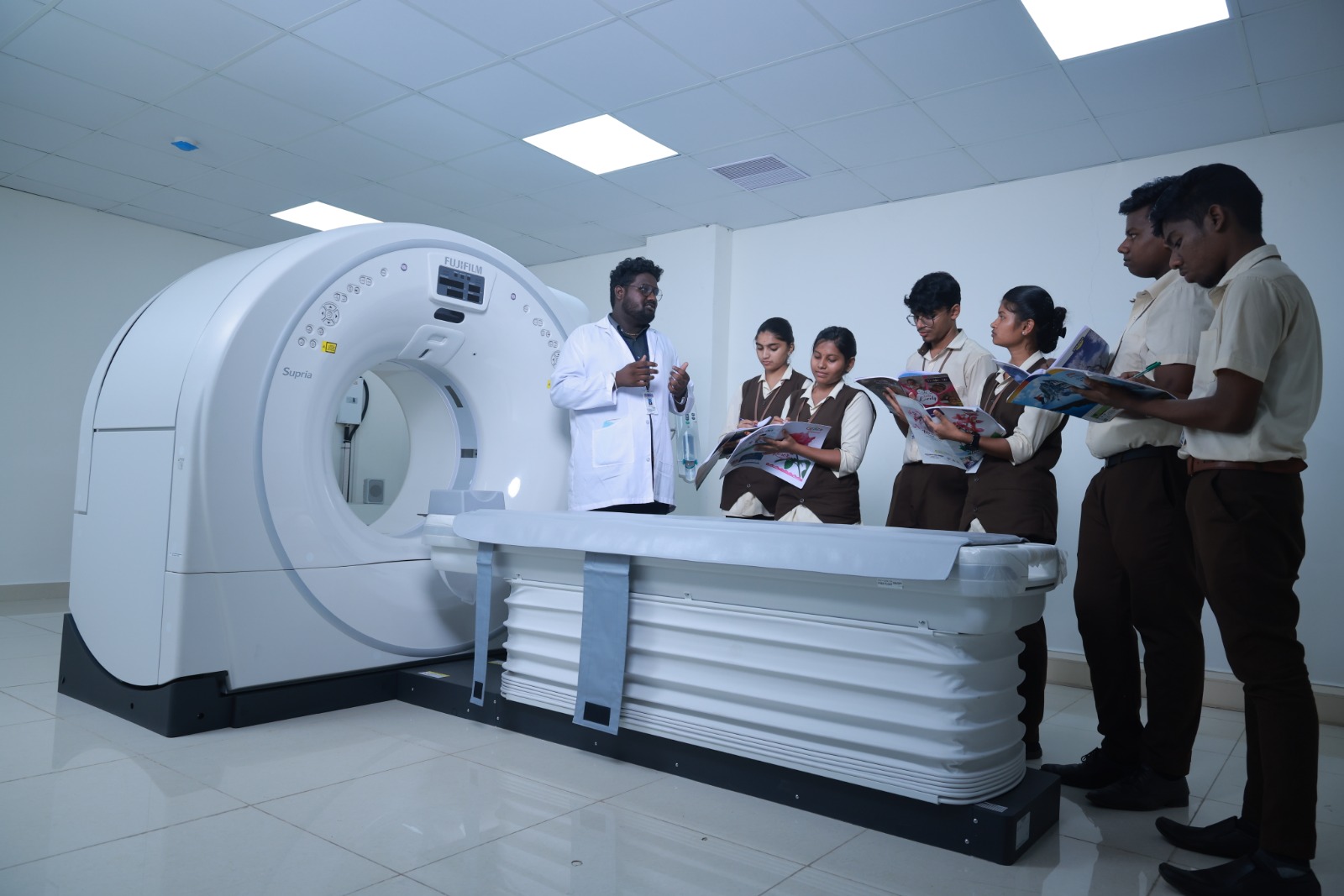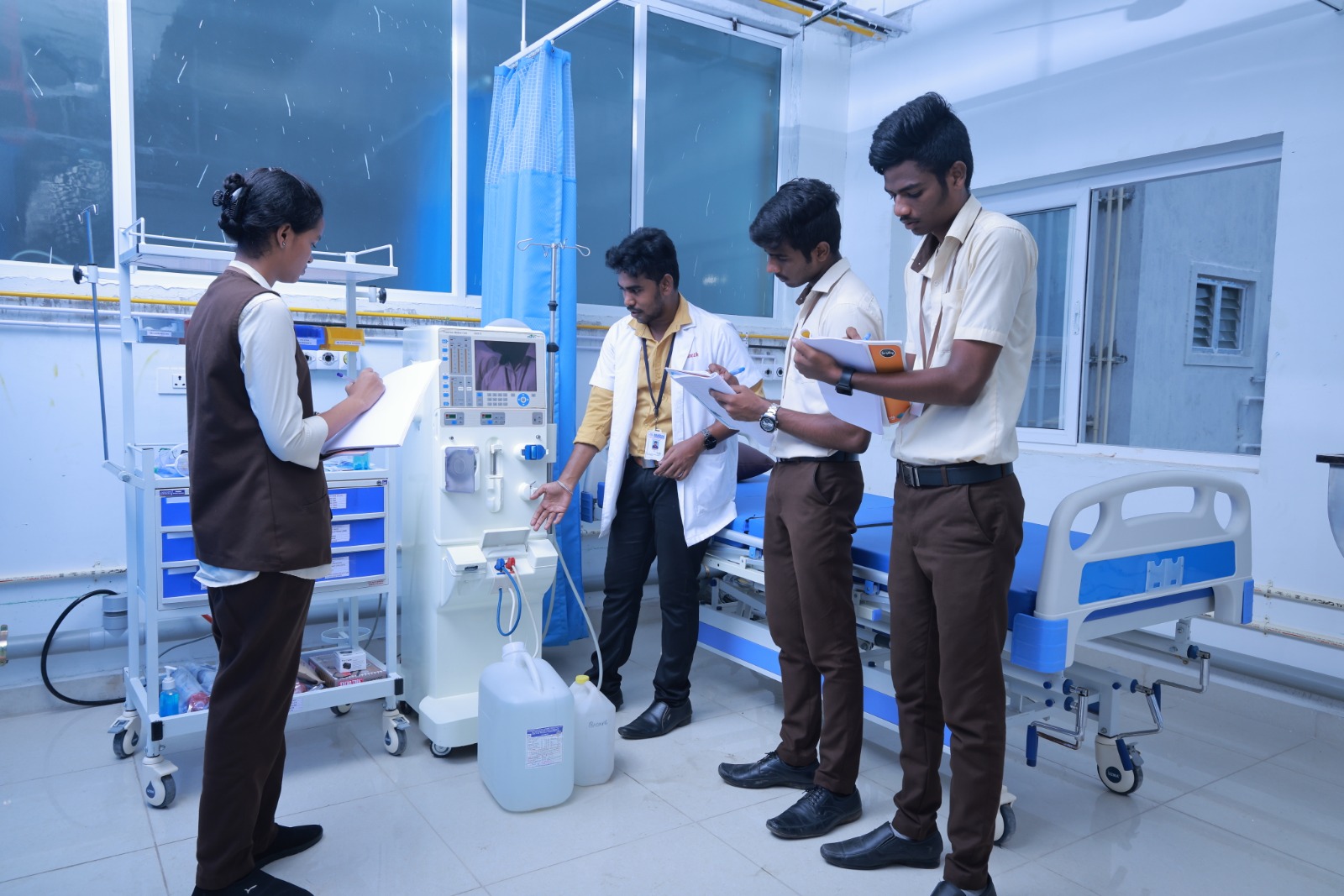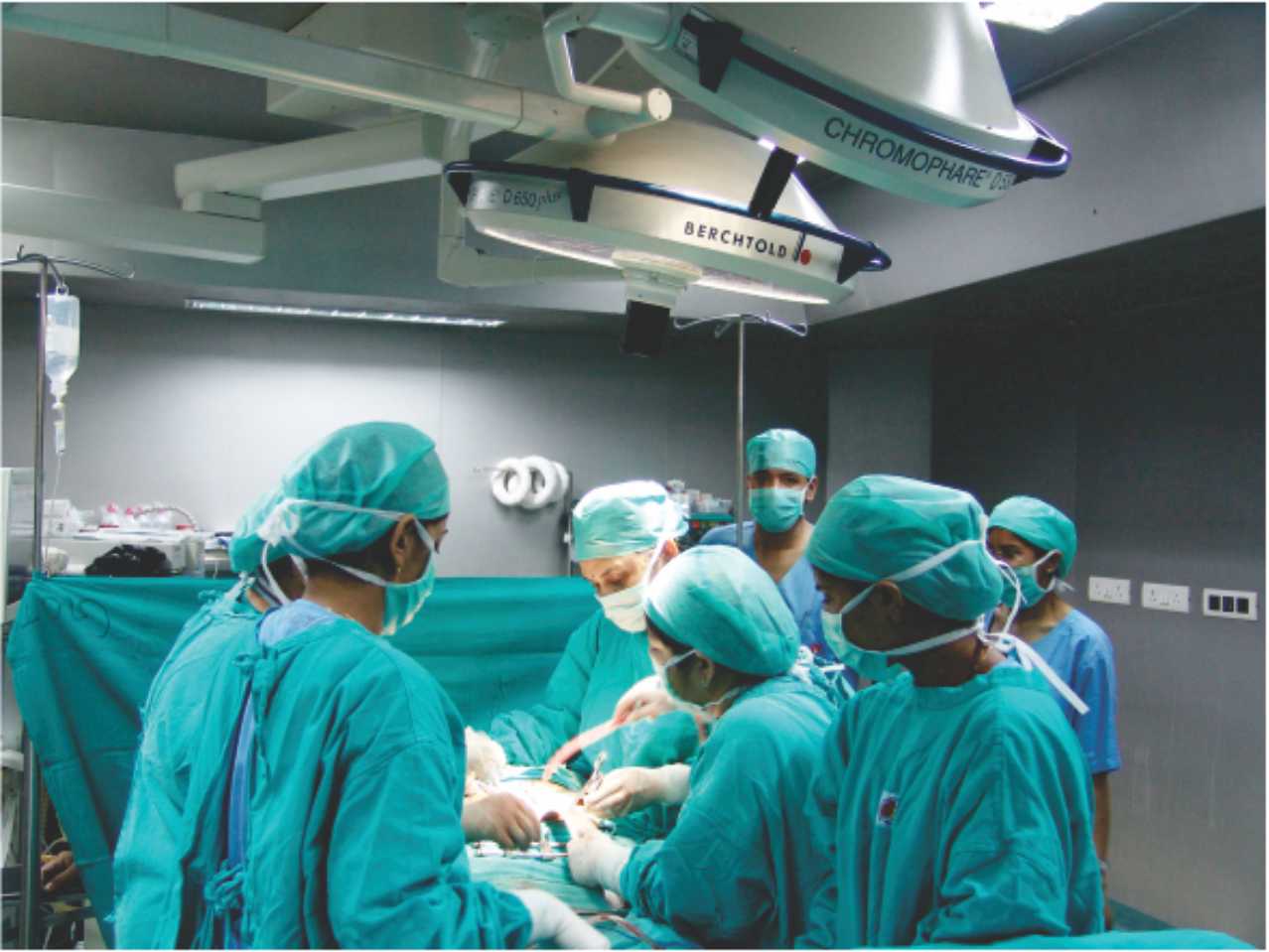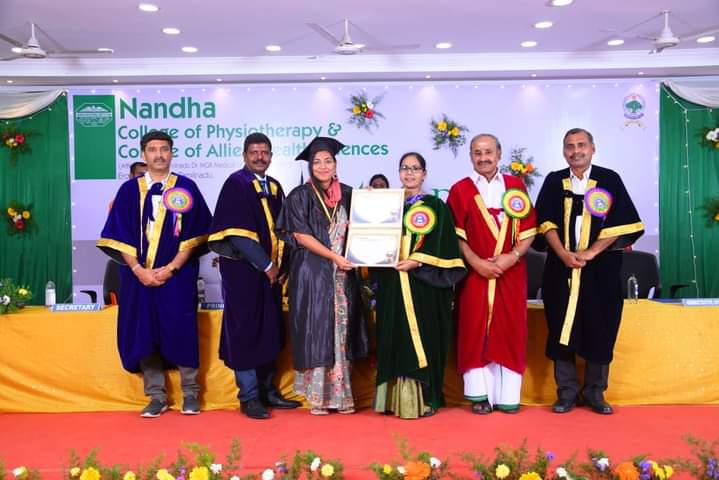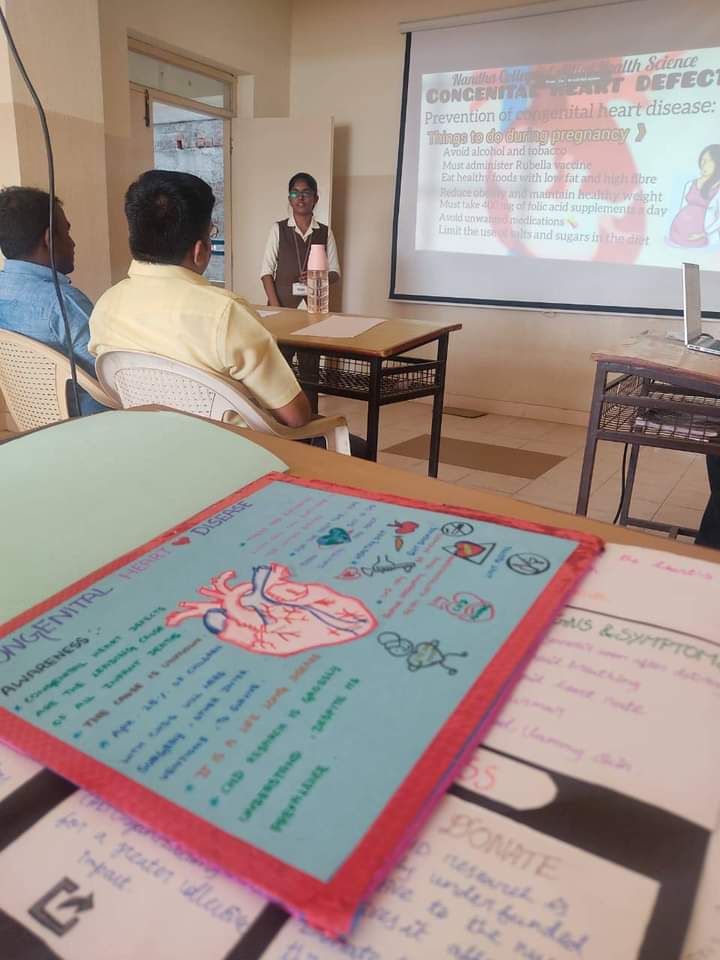- Details
- Written by Super User
- Category: Courses
- Hits: 17751
ABOUT THE COURSE
The undergraduate programme in Cardiac Technology educates the students by analyzing and taking care of patients with heart problems.The candidates are well trained to handle and maintain the medical equipment and machines such as ultrasound, electrocardiogram and so on. In the management of existing cardiac vascular disorders needs composite diagnostic and therapeutic procedures entail with the use of various equipments such as computer hardware tools and pharmacological agents. The task of this course is to train the candidates to handle those equipments and regular maintenance with intellectual knowledge of scientific principles on cardiac disorders. The job opportunities of this course are cardiovascular technologists, in this health professional who diagnoses cardiovascular problems. Using medical imaging methods, such as ultrasound among others, a cardiovascular technologist diagnoses heart conditions, vascular problems or any ailment that involves the heart, arteries, valves, and peripheral blood vessels.
Syllabus
|
Year |
Examination |
|
First |
1. Basic Anatomy, 2. Physiology, 3. Bio-Chemistry, 4. Pathology, Microbiology,Clinical features & treatment of diseases pertinent to cardiac Technology, 5. Pharmacology related to cardiac Technology, 6. Medical Electronics, biophysics & computer Usage relevant to cardiac technology, 7. English, 8. Basics of Computer |
|
Second |
1. Advanced Electro Cardiography(3 months), 2. Treadmill exercise stress testing and 24 hour Ambulatory ECG recording(2 months), 3. Echocardiography(4 months), 4. Clinical |
|
Third |
1. Cardiac catheterization laboratory basics(3 months), 2. Cardiac Catheterization laboratory advanced(9 months) |
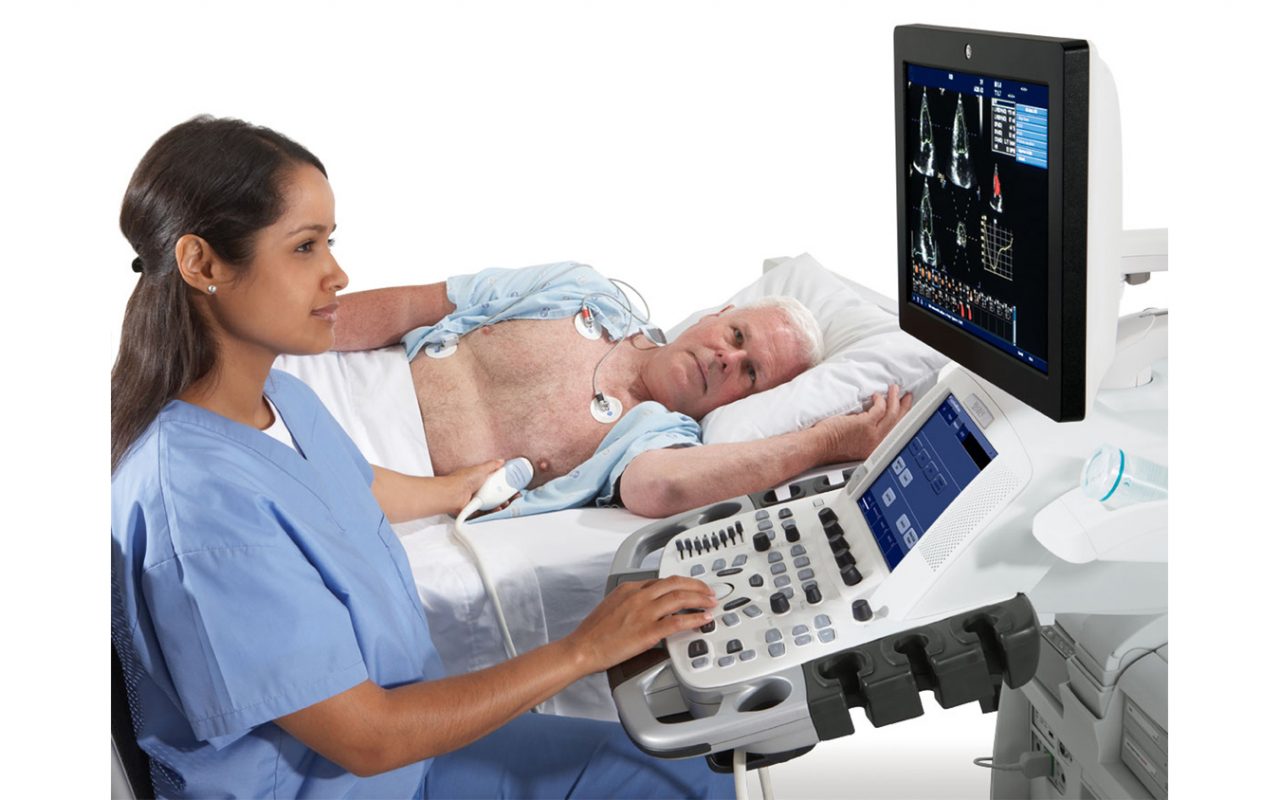
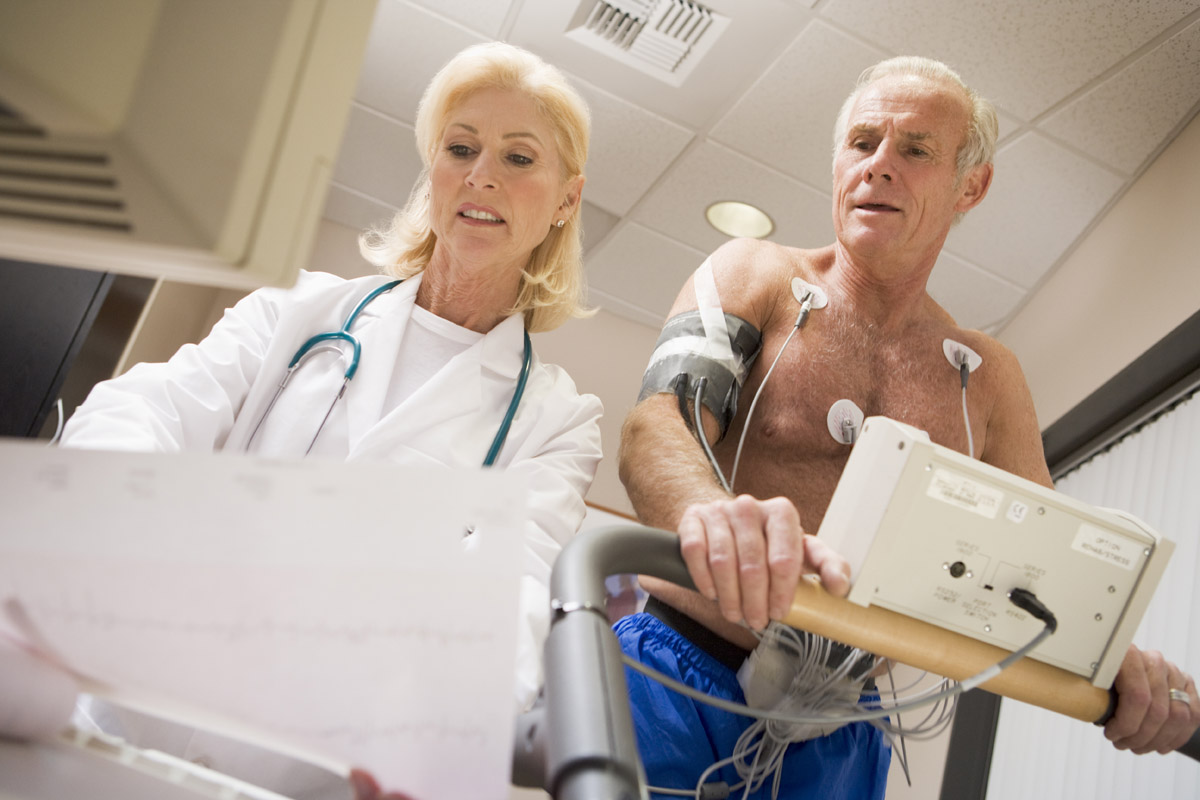

- Details
- Written by Super User
- Category: Courses
- Hits: 23367
ABOUT THE COURSE
The degree programme of Operation Theatre & Anaesthesia Technology educates the candidates in the field of operation theatre and anaesthesia technology. This course has been assigned to face the demand of the experts in the field of operation theatre management, medical ethics, anesthesia technology and post operative care. The Operation Theatre and Anesthesia Technologist are responsible for direct and indirect patient care, equipment set up and operation procedures. They are trained to assist the surgeons during the procedures and assume responsibility for completion of other functions as assign. The knowledge and skills that they acquire helps them in choosing appropriate anaesthetic, determining appropriate dose, operating anaesthetic equipment and monitoring patients’ conditions.
SYLLABUS
|
Year |
Examination |
|
First |
1. Basic Anatomy, 2. Physiology, 3. Bio-Chemistry, 4. Pathology, 5. Principles Of Management, 6. English, 7. Basics Of Computer |
|
Second |
1. Applied Anatomy and Physiology, 2. Clinical Pharmacology, 3.Clinical Microbiology, 4.Medical Ethics, 5. Medicine Outline, 6. Principles Of Anesthesia, 7. Basic Anesthetic Techniques |
|
Third |
1. Basics of Surgery, 2. CSSD Procedures, 3. Regional Anesthetic Techniques, 4. Anesthesia for Specialty Surgeries, 5. Basic Intensive Care |
- Details
- Written by Super User
- Category: Courses
- Hits: 12054
ABOUT THE COURSE
This U.G program in Radiology & Imaging Technology plays a very vital role in Patient care in Hospital. This course trains a person to be a Radiologic technologist who is an Allied Health Medical Profession. “Radiology is one of the exciting and interesting medical courses that make the use of imaging to distinguish and treat diseases available in the body”. A radiographer produces radiography of patients with the help of X-ray to find the exact medical condition of the patient. In addition with X-ray, a radiographer also considers Computer Tomography (CT) scans, ultrasounds and MRI for producing radiography.The hands on experience in the department of Radiology from day one onwards will enable the student to understand the nature of the illness beginning with routine imaging to CT and MRI scans. The students will receive excellent and exhaustive training in these fields to be able to assist senior radiologists.
SYLLABUS
|
Year |
Examination |
|
First |
1. Human Anatomy, Physiology, Pathology Relevant to Radiology, 2. General physics, Radiation physics & Physics of Diagnostic Radiology 3. Radio diagnosis Equipment's, Maintenance & Quality Control, 4. English, 5. Basics Of Computer |
|
Second |
1. Clinical Radiography, 2. X-ray Film / Image processing Techniques Including Dark Room Techniques, 3. Contrast & Special Radiography procedures, 4. Principles of Medical Emergencies, 5. Patient Care & Medical Ethics |
|
Third |
1. Equipment's of modern Imaging Modalities 2. modern Imaging Techniques and Recent Trends in Imaging, 3. Quality Control, Radio biology & Radiation safety in Radio diagnosis / imaging log book( internal) |
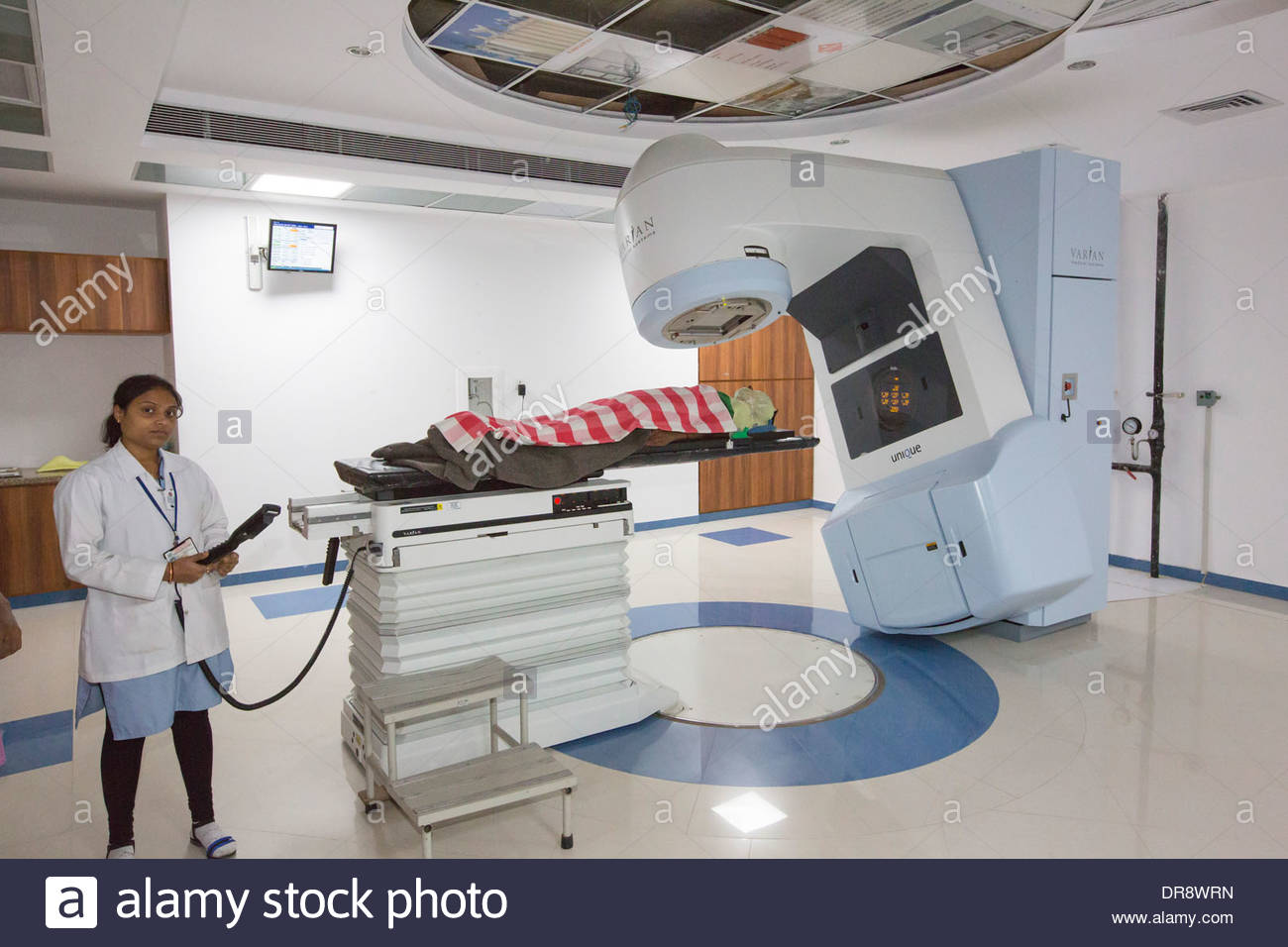
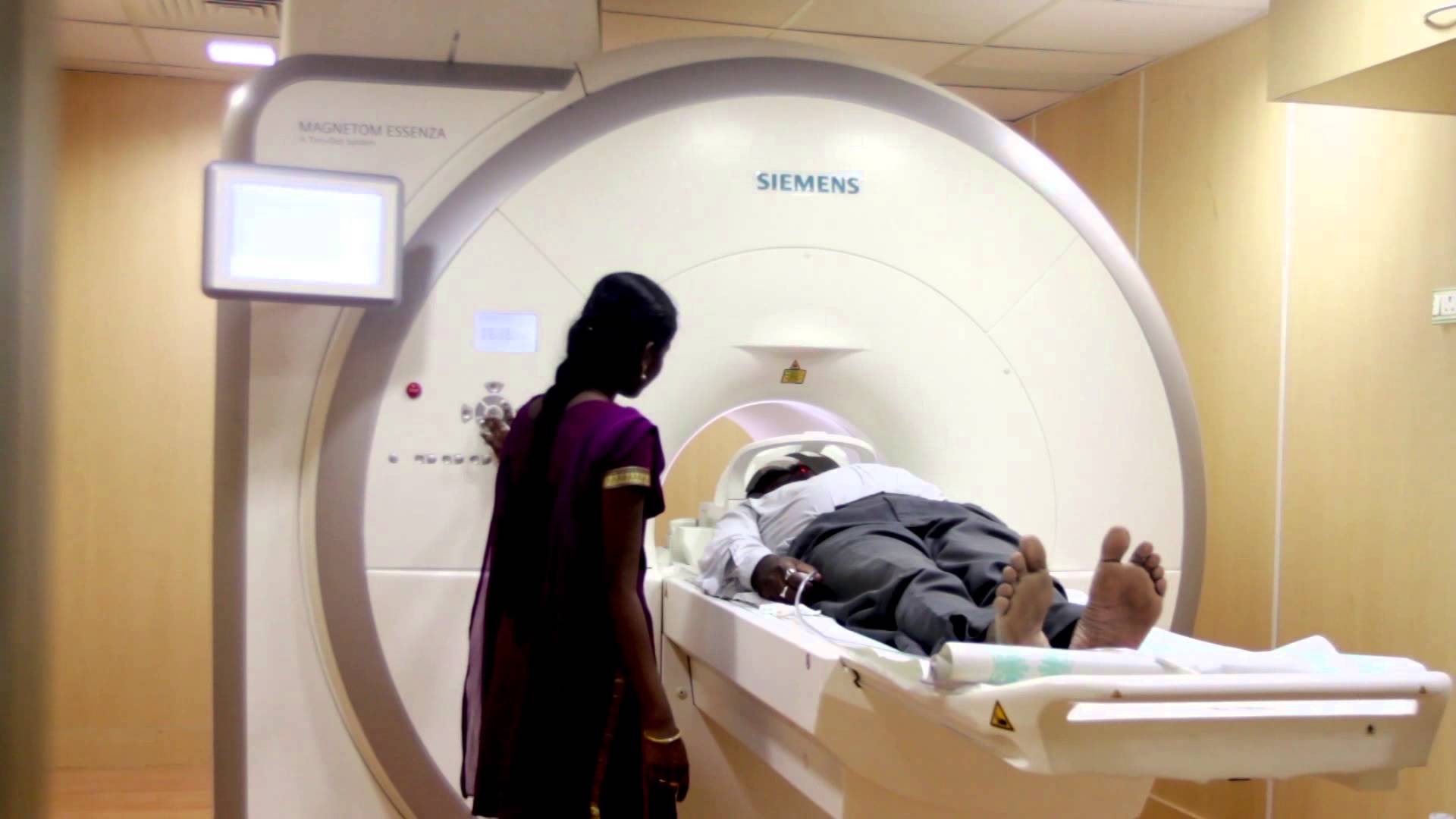
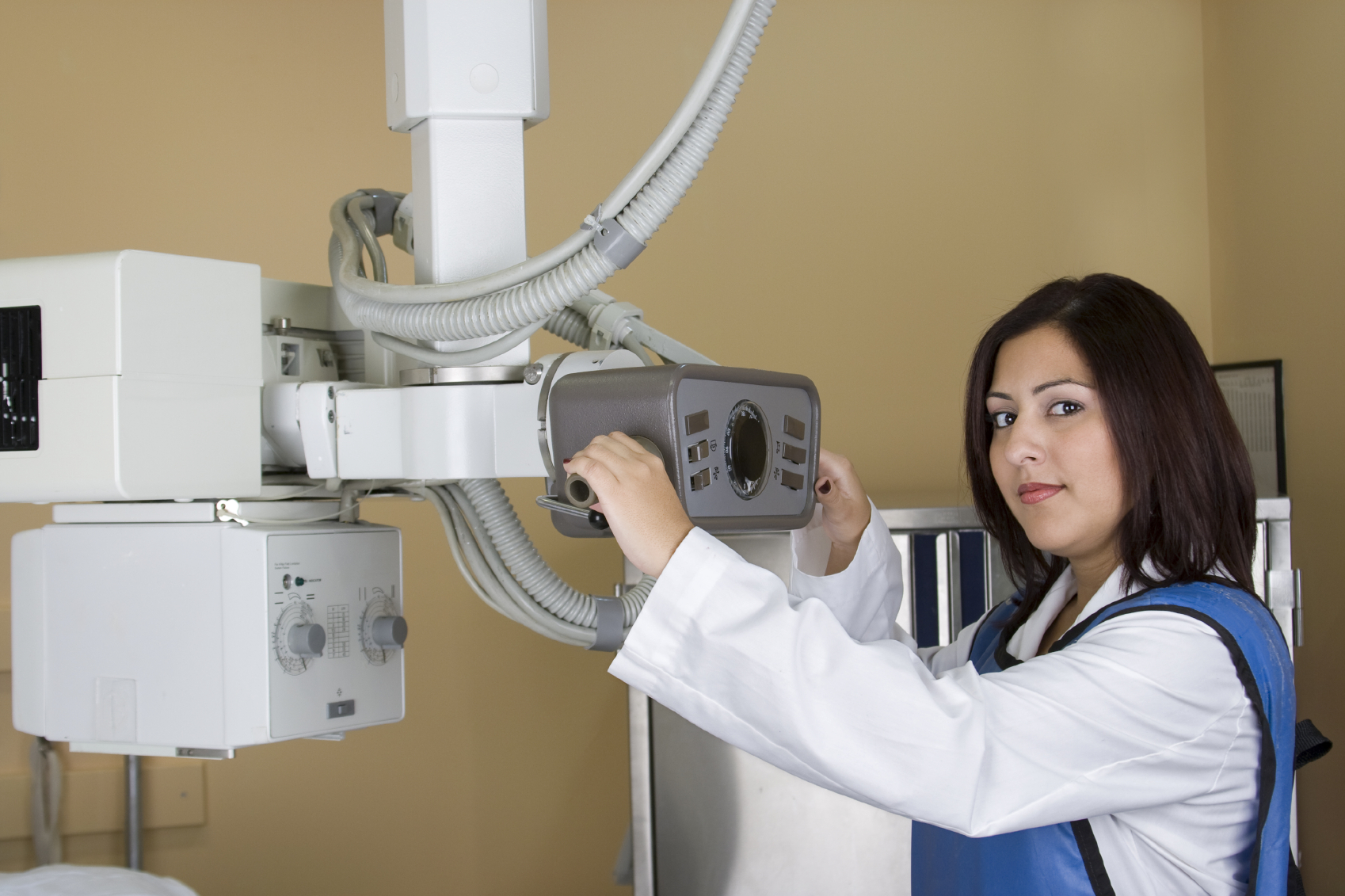
- Details
- Written by Super User
- Category: Courses
- Hits: 23855
ABOUT THE COURSE
This course trains the candidates to grow to be an expert in accident and emergency care department (A & E). On completion of this course, the candidates will have intellectual knowledge and skills to provide inclusive and constant care for patients to overcome the emergency situations. The Job opportunities of this course are huge all over the world as Emergency medical technicians (EMT) in ambulance and intensive care unit or causality departments in hospitals. An emergency department is also known as accident & emergency department (A&E), in which the medical treatment facility specializing in emergency medicine, the acute care of patients who present without prior appointment, either by their own means or by that of an ambulance. The emergency department is usually found in a hospital or other primary care center.
The candidates will be able to afford safe and efficient treatment for all age group of patient by taking necessary decisions and also they will be recognizable on equipment and drugs used in emergency situations. Finally the candidates will be a Professional accident and emergency care technicians.
SYLLABUS
|
Year |
Examination |
|
First |
1. Basic Anatomy, 2. Physiology, 3. Bio-Chemistry, 4. Emergency Medicine & Emergency Medical Services - I , 5. English, 6. Basics Of Computer |
|
Second |
1. Pathology, 2. Pharmacology, 3. Microbiology, 4.Patient Examination and Nursing, 5. Emergency Medicine & Emergency Medical Services - II |
|
Third |
1. Emergency Medicine & Emergency Medical Services - III, 2. Emergency Medicine & Emergency Medical Services, 4. Clinical Procedures and Instrumentation in Emergency Services |
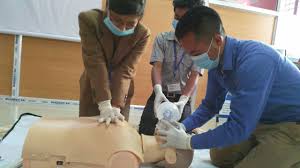
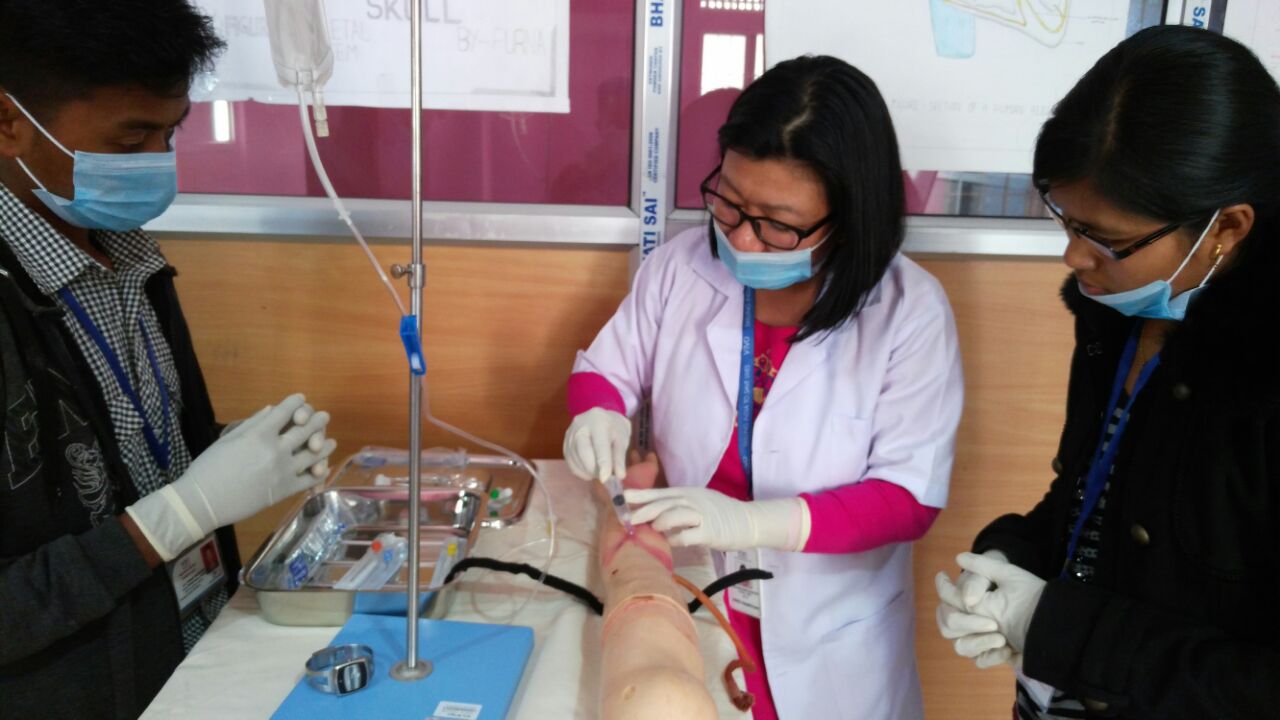
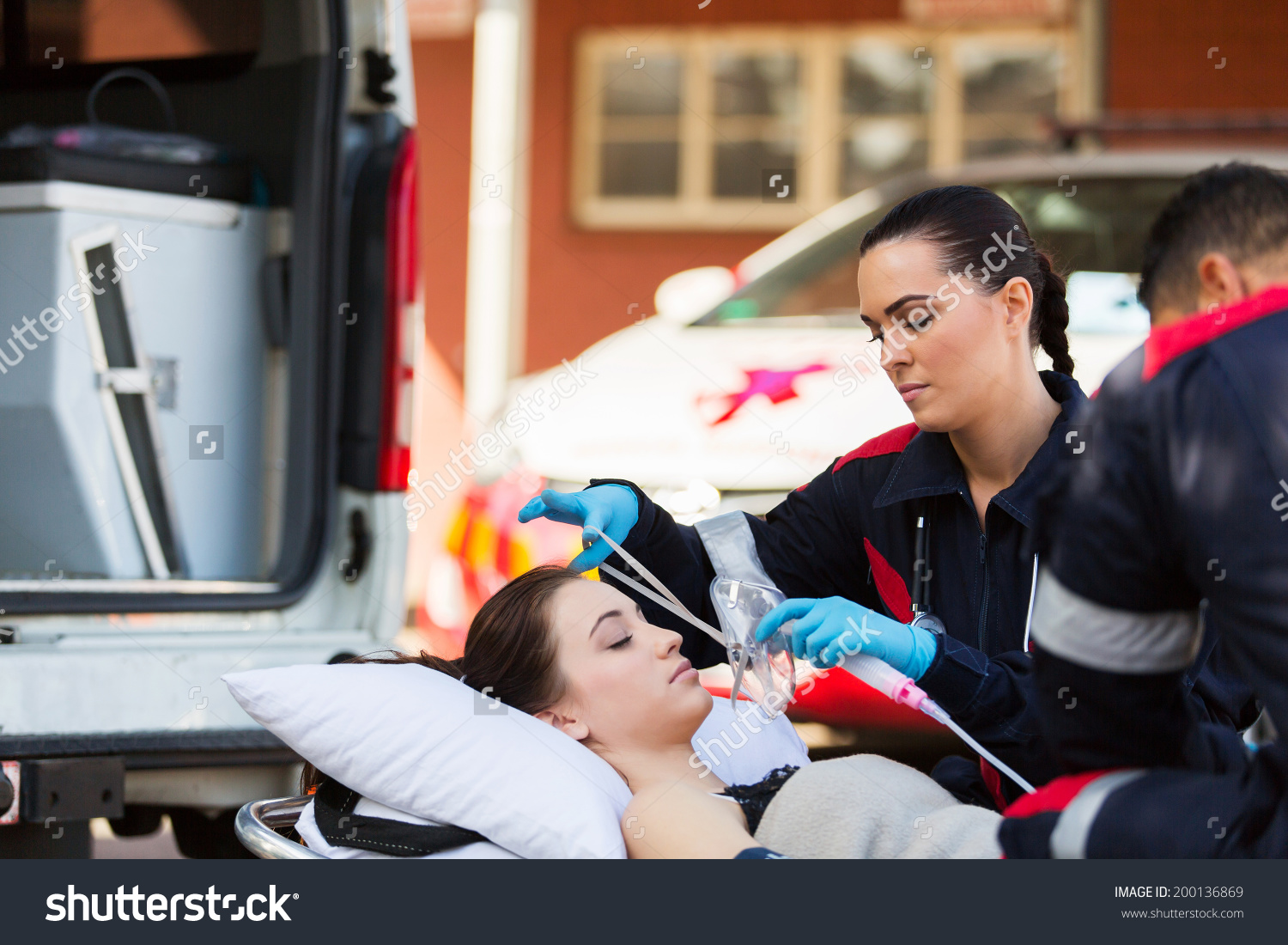
Page 2 of 2

